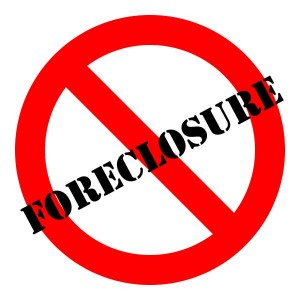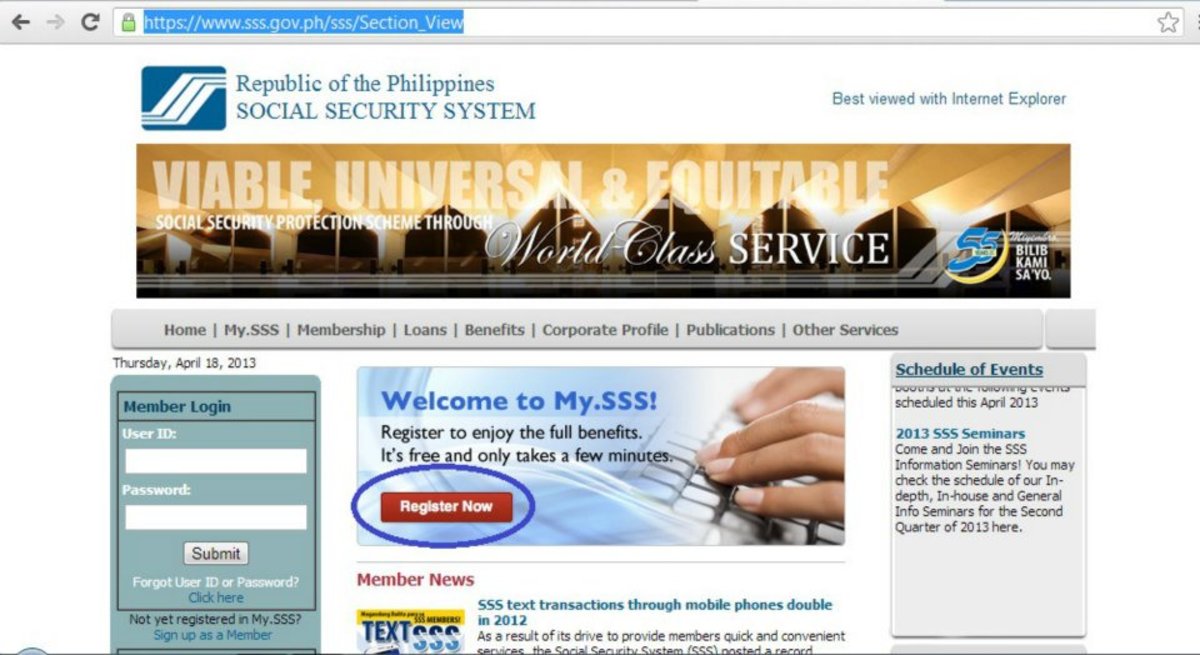Stop Foreclosure: Why Some Banks are Purposely NOT Foreclosing on Homeowners in Default
While the economy is making strides towards recovery, if recent statistics on unemployment are anything to go by, home foreclosures remain a problem – for struggling homeowners and lenders.
And if the data below is even close to being correct, home foreclosures are going to be a problem for a while. So, just what are some of the numbers?

Housing and financial experts predict that4-5 million foreclosed properties have yet to be counted as “official foreclosures.”Why is this? How could that many foreclosed homes “not” be counted?
One reason is, banks are purposely NOT foreclosing on homeowners who are in default. While it doesn’t make sense on the surface, once you dig a little deeper it does – at least from a lender’s perspective.
Keep the following in mind:
Currently, there are an estimated 7.7 million homes whose mortgages are in delinquency, but are not being reported as REO (Bank Owned) properties on the market yet. Depending on who you ask, an estimated 4-5 million of these will be bank owned properties for sale within the next year. The reason for the current new wave of foreclosures is largely attributed to the failure of the Government’s “Making Home Affordable” program, launched a year ago this week. [Source: LoanSafe.org]
Why Banks are NOT Foreclosing on Homeowners in Default & What This Means for the Average Homeowner
When lenders don’t officially foreclose on a homeowner, that means there’s less “inventory” (ie, foreclosed properties) on the market. This allows housing prices to recover, which is particularly important for lenders because so many homeowners are underwater.
Home Foreclosure Terminology: What Does Being Underwater on Your Home Mean?
Being underwater means that a homeowner owes more on the home that it would bring if they were to sell it on the open market. To use a very simple example, if you owe $200,000 on your home, but it only appraises at $100,000, then you are “underwater” by $100,000.
If You’re Underwater, You’re Not Alone: Almost 25% of U.S. Homeowners Are
If this describes you and you’re trying to prevent foreclosure, you’re not alone. A November 2009 Wall Street Journal article said that approximately 35% of U.S. homeowners are underwater. The article, One in Four Borrowers Is Underwater, states:
The proportion of U.S. homeowners who owe more on their mortgages than the properties are worth has swelled to about 23%, threatening prospects for a sustained housing recovery. . . . Nearly 10.7 million households had negative equity in their homes in the third quarter [2009], . . . Home prices have fallen so far that 5.3 million U.S. households are tied to mortgages that are at least 20% higher than their home’s value . . .
Lenders lose out when homeowners are underwater on their homes because it makes it much more likely that many will do the “jingle mail walk,” ie, voluntarily walk away from their home. Or, they may opt for a short sale or file for bankruptcy. No matter how you slice it, the lender loses money.
All of this hurts a lender’s bottom line.
So it makes sense for lenders to stop foreclosing on many homeowners and allow housing prices to recover somewhat. It’s a classic case of supply and demand. After all, everybody wants a deal — and the more inventory there is, the less demand (or incentive) there is to pay anywhere near full price for a home.
A discerning homeowner looking for a deal would look to buy foreclosed properties – either at auction, or in a short sale or by some other means of a reduction in price.
BUT if the supply of homes on the market dries up, then the pendulum swings back in the lender’s favor. There’s less to choose from, so prospective homebuyers pay more.
When Banks Don’t Go Through with Home Foreclosure: What It Means for the Average Homeowner
A lot of homeowners may be just getting by, thinking that their lender will work with them to refinance or modify their home loan. This may be true, or it may not be.
My advice to homeowners who are currently in default (and you’re technically in default if you’ve missed even one mortgage payment) is to do everything your power to get your finances in order so you can hang onto your home. Or sell it – or look at other options that are under your control.
Because if not, you run the risk of being out in the cold when the housing market recovers because then, banks will have no reason NOT to foreclose on your home.








